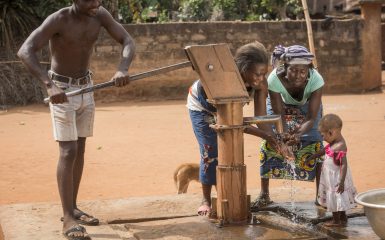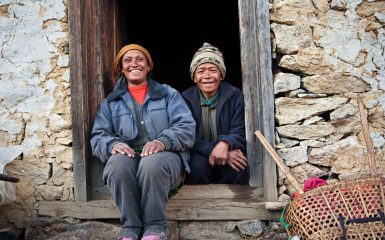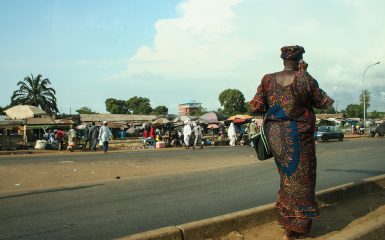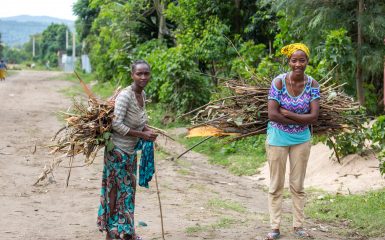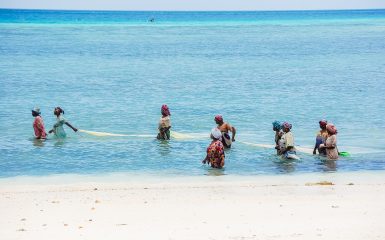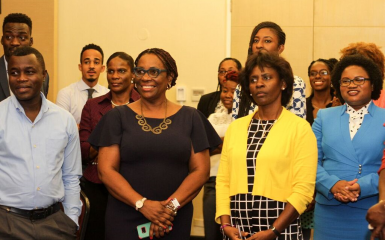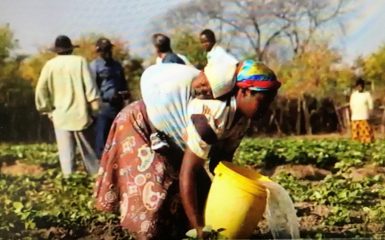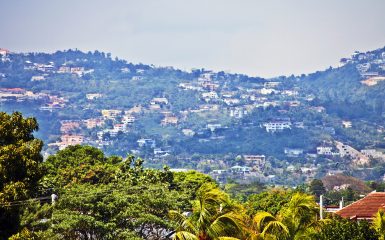Globally, climate change has been recognized as one of the biggest challenges that humanity is facing today. It has serious worldwide implications on economic development, food security and poverty eradication for developing countries, especially for least-developed countries like Malawi. All of Malawi’s socioeconomic sectors have been, and will continue to be, affected by climate change […]
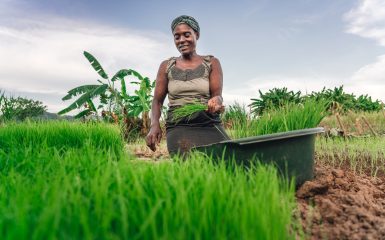
Malawi Gears Up to Adapt to Climate Change
By Donald Reuben Kamdonyo, Ph.D., Climate Change Specialist, Kamdonyo & Associates, Lilongwe, Malawi
